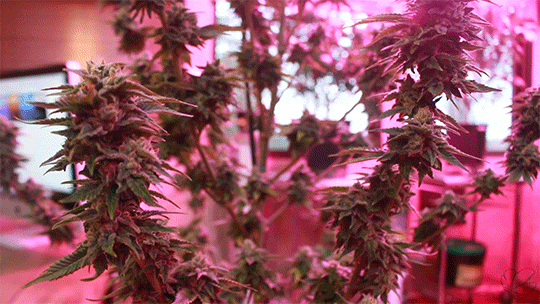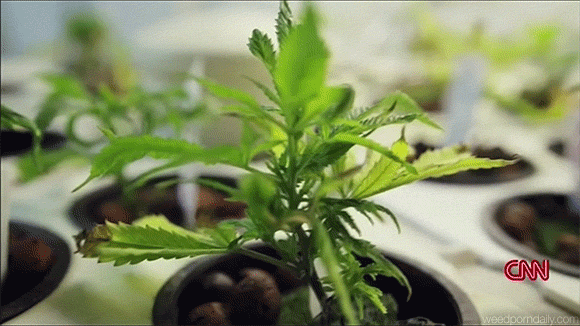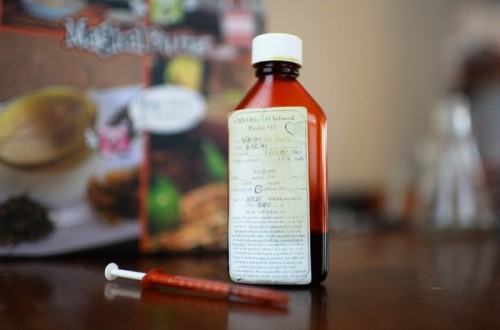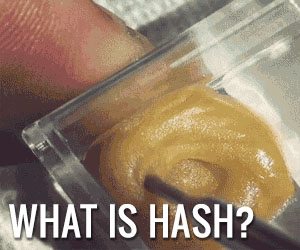SALT LAKE CITY (Cannabist) — A proposal to allow Utah residents to use oil extracted from marijuana to treat more ailments, including cancer and HIV, received an early vote of support Wednesday from some state lawmakers.
The measure is one of two before the Health and Human Services Interim Committee that would expand Utah’s very limited medical marijuana program, which currently allows use of the extract only by those with severe epilepsy who meet certain conditions. No smoking of the drug is allowed, nor is any growing or distribution in Utah.
Under the current law, those who can have the oil must get it from other states, such as neighboring Colorado. That would change under both proposals lawmakers are working on, though smoking pot would remain banned.
On Wednesday, the committee voted 10-5 to support a proposed program from Rep. Brad Daw of Orem and Sen. Evan Vickers of Cedar City, both Republicans. Besides epilepsy, it would allow the use of the extract for those with cancer, HIV, AIDS and certain chronic pain conditions.
Daw and Vickers say 2,000 to 5,000 people would be issued cards under the proposed program.










